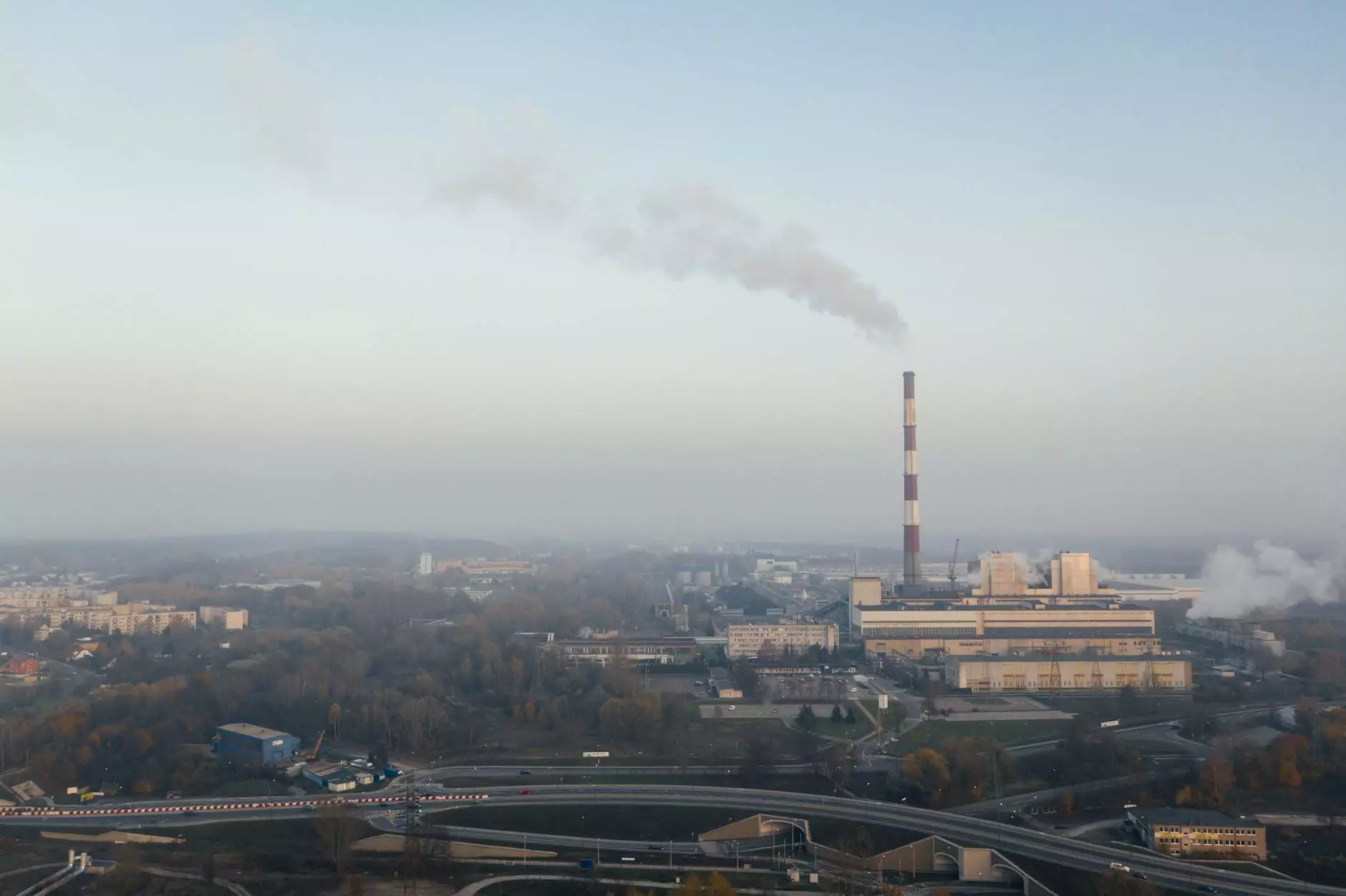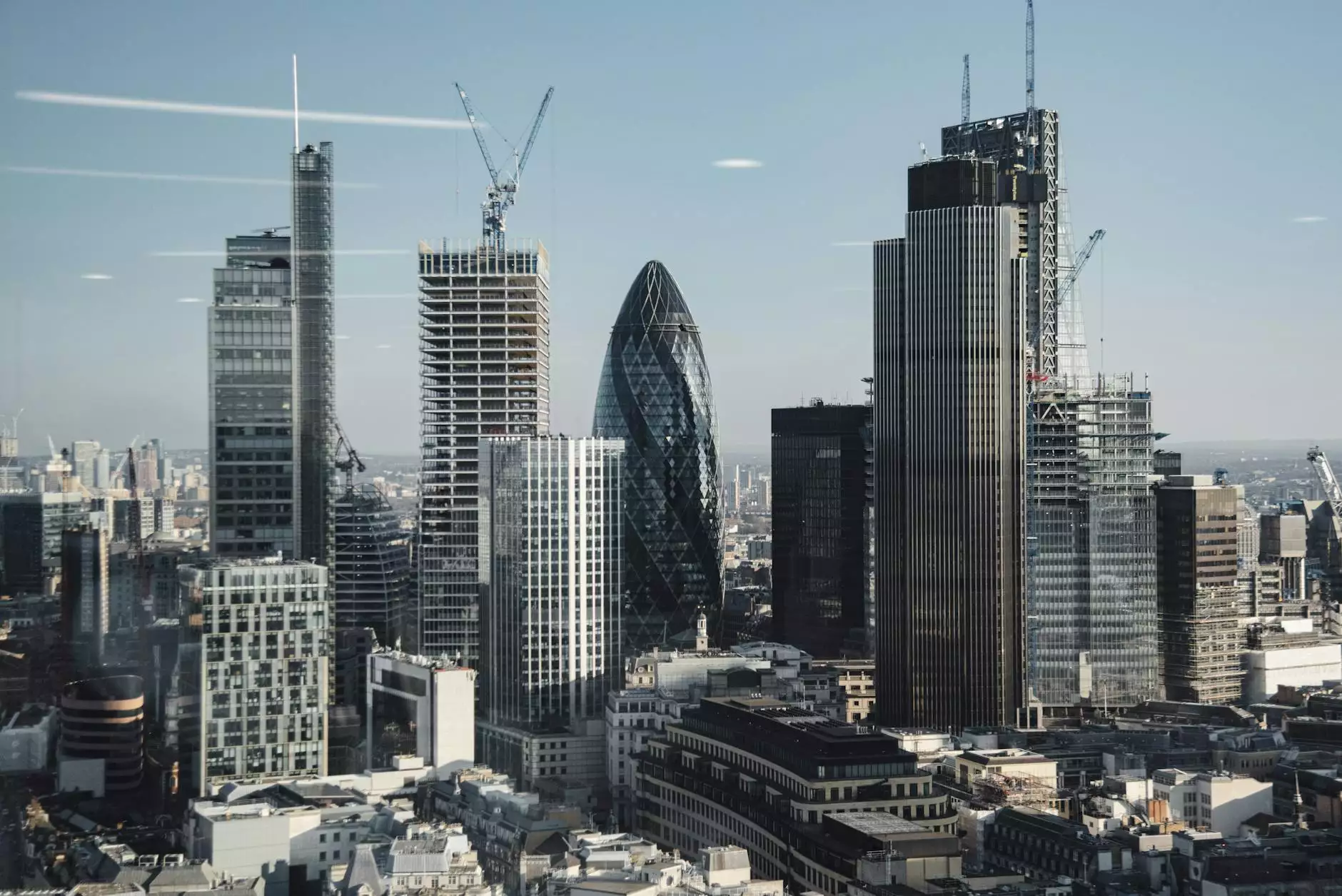Fossil Fuels in the Hot Seat at COP27
News
The Role of Fossil Fuels in Today's World
Fossil fuels have long been a central pillar of the world's energy infrastructure, powering industries, transportation, and homes alike. However, the environmental impact and carbon emissions associated with fossil fuel consumption have brought them under scrutiny. With the upcoming COP27 conference, the focus on finding sustainable alternatives and reducing our reliance on fossil fuels has never been more crucial.
Impact of Fossil Fuels on Climate Change
The burning of fossil fuels releases greenhouse gases, primarily carbon dioxide (CO2), into the atmosphere. These emissions contribute to climate change by trapping heat and causing an increase in global temperatures. The consequences of climate change include rising sea levels, extreme weather events, and environmental degradation. COP27 aims to address these challenges and set forth a sustainable path forward.
The Urgency of Transitioning to Renewable Energy Sources
Transitioning to renewable energy sources, such as solar, wind, and hydroelectric power, is crucial to mitigating the adverse effects of climate change. These alternative energy sources generate electricity without producing carbon emissions, making them a far more sustainable option. The COP27 conference serves as a platform for experts, policymakers, and industry leaders to discuss and accelerate the energy transition process.
The Role of Architects in Advancing Sustainable Solutions
Architects play a significant role in shaping a sustainable future, especially within the heavy industry and engineering sector. McKenna John J Architect is committed to incorporating sustainable design principles into their projects, reducing the reliance on fossil fuels in the built environment. By employing innovative building materials, energy-efficient technologies, and renewable energy systems, our team strives to create environmentally conscious and energy-efficient structures.
Creating Sustainable and Energy-Efficient Architecture
At McKenna John J Architect, we believe in designing buildings that are not only aesthetically pleasing but also sustainable and energy-efficient. Through careful consideration of the site, climate, and the client's needs, we aim to develop structures that minimize energy consumption and carbon footprint. Our architects are well-versed in incorporating passive design strategies, utilizing natural light, optimizing insulation, and implementing efficient HVAC systems.
Incorporating Renewable Energy Systems into Architecture
Alongside energy-efficient design, integrating renewable energy systems is a key aspect of sustainable architecture. McKenna John J Architect specializes in incorporating solar panels, geothermal systems, and other renewable energy technologies into our projects. By harnessing the power of clean energy, we not only reduce the reliance on fossil fuels but also provide long-term cost savings to our clients.
Collaborating for a Sustainable Future
Transitioning away from fossil fuels requires collaboration between architects, engineers, policymakers, and the wider community. McKenna John J Architect actively collaborates with industry partners, suppliers, and clients to create sustainable solutions that align with the goals of COP27. Together, we can forge a path towards a more sustainable future, reducing our ecological footprint and mitigating the impacts of climate change.
Conclusion
As the world debates the future of fossil fuels at COP27, it is increasingly evident that a sustainable energy transition is not only desirable but essential. Architects, such as McKenna John J Architect, play a critical role in advancing sustainable design and reducing our reliance on fossil fuels in the heavy industry and engineering sector. By embracing renewable energy sources, energy-efficient design, and collaborative partnerships, we can create a built environment that minimizes its environmental impact and contributes to a healthier planet for future generations.




